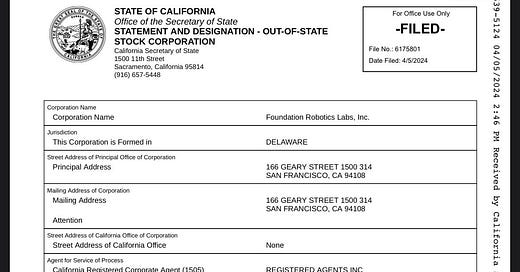"Full Reconciliation... May Not Be Possible," Synapse Trustee Says
Synapse Co-Mingled Funds; Former CEO's Next Venture Raising $11M With Dubious Claims
Hey all, Jason here.
As I’ll be traveling this evening and attending a wedding over the weekend, getting you an early update on the latest Synapse filing in advance of today’s status conference.
Please note, there will be no Sunday newsletter this week — resuming regular cadence the following Sunday, June 23rd.
If you enjoy reading this newsletter each Sun…


